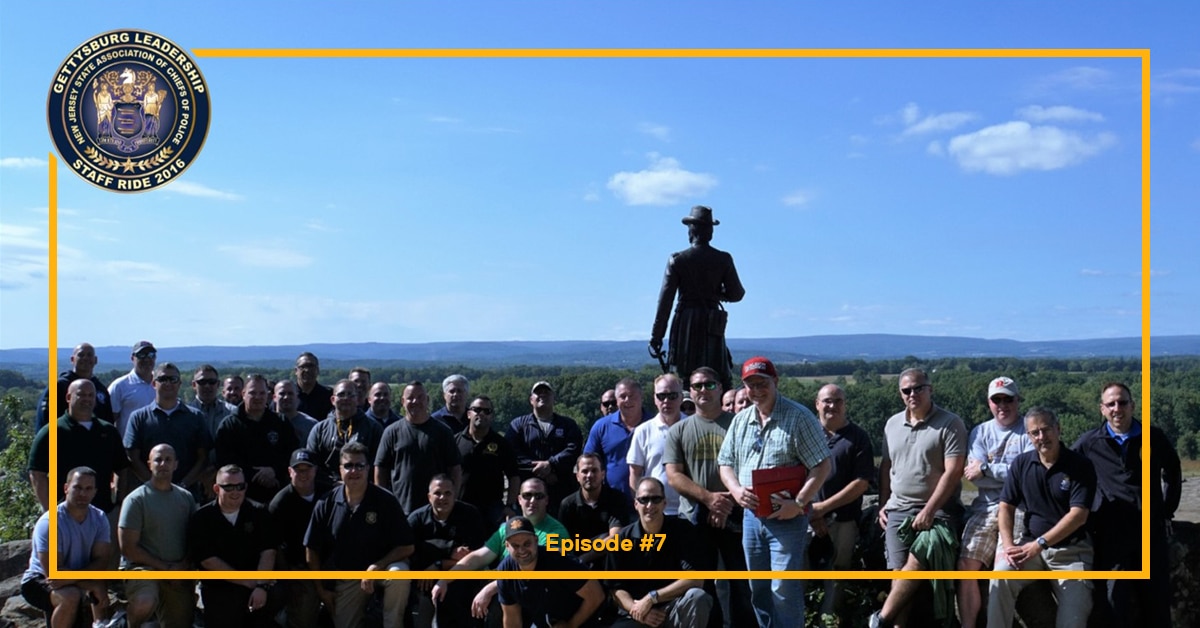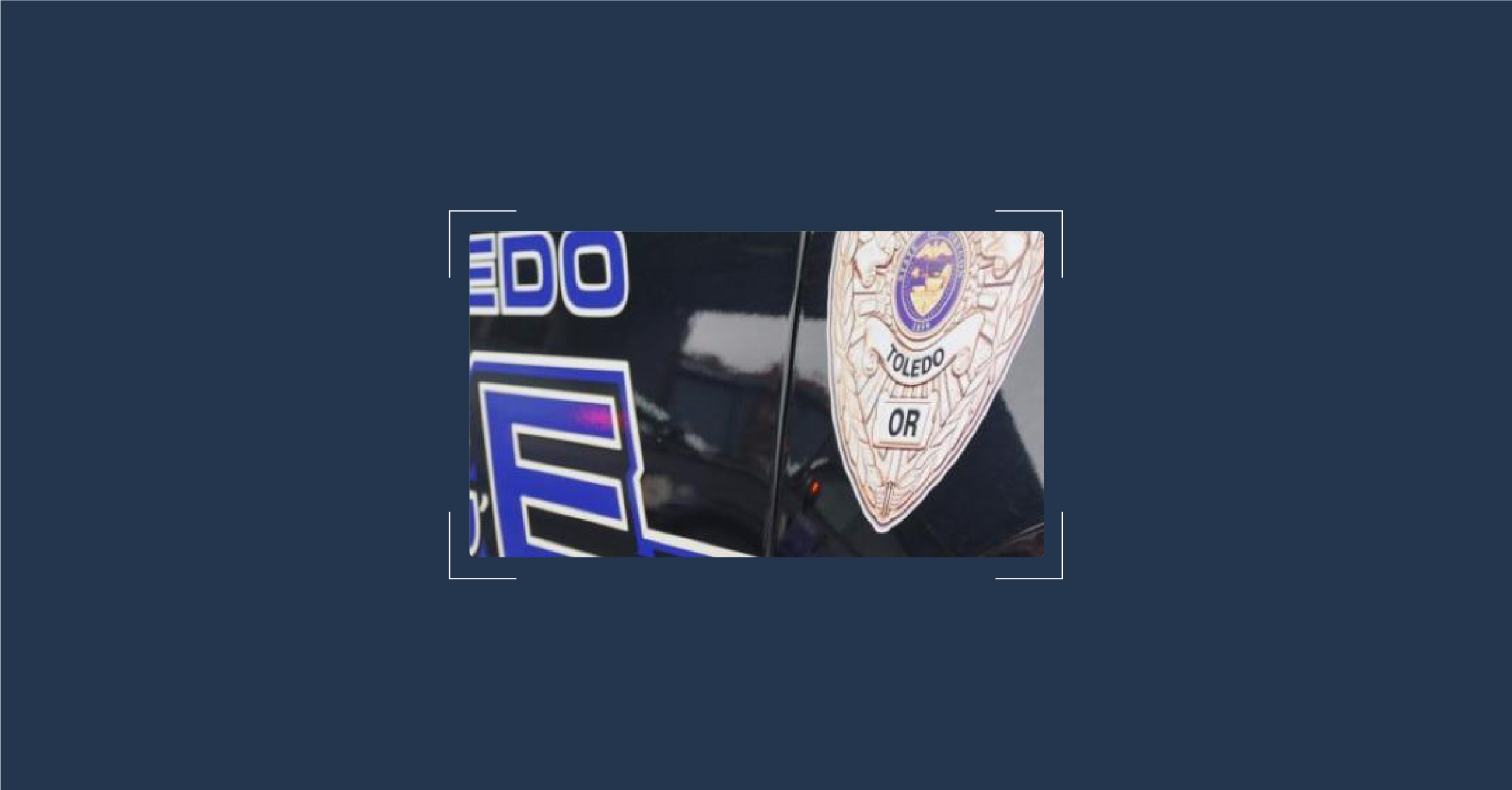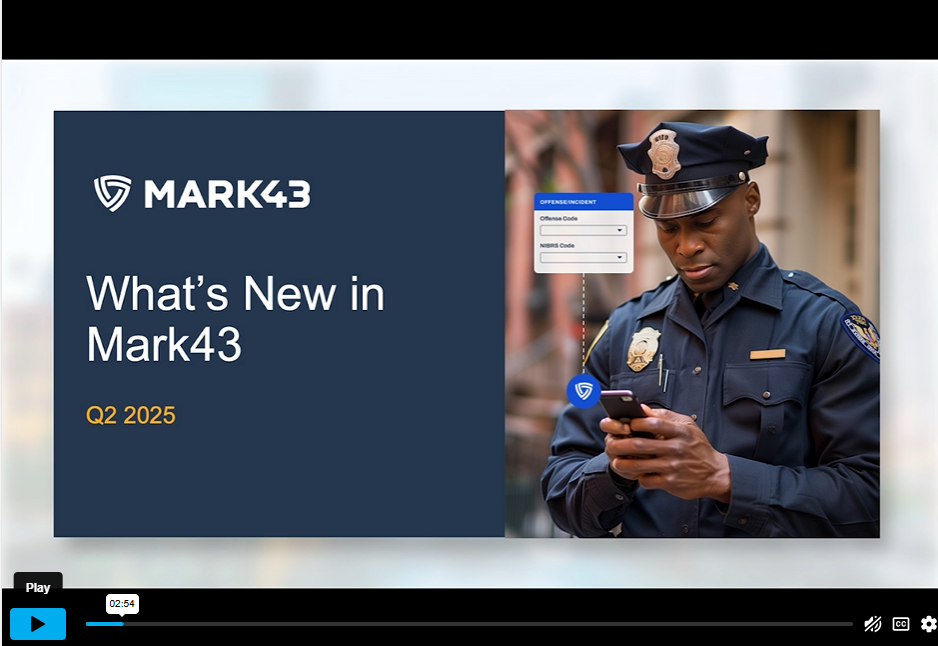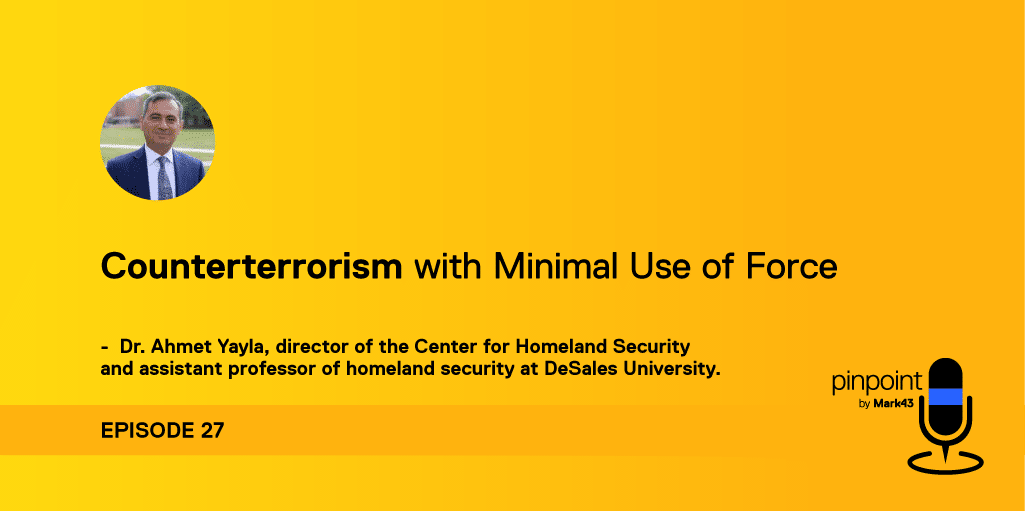
There’s a knock on your door. It’s George Washington and Ulysses S. Grant. They want to give you practical, tactical advice. You’d listen, right?
Standing behind them are the winning and losing generals of all of our wars. They also want to teach you how to become a better leader.
This offer is so appealing that there is already a waiting list of police chiefs who want the experience.
Since the 19th-century, military leaders in various countries have brought their up-and-coming officers on a “staff ride” where they visit battle sites to learn the lessons of victory and defeat.
For the last 15 years, Mitch Sklar, Executive Director at NJ State Association of Chiefs of Police and William “Pat” Schuber have designed a “staff ride” graduate-level program for law enforcement professionals all over the world. They joined us on this episode of Pinpoint.
[popup_trigger id=”1576″ tag=”pinpoint”]
[/popup_trigger]
While war tactics in a pitched shooting battle may seem far removed from our era of community policing, there are many lessons to apply to law enforcement. That’s why police forces keep sending students to this program year after year.
What contemporary leadership and administrative lessons can today’s law enforcement professionals bring home from a Civil War battlefield?
If you examine leadership and management challenges—then and now—you will find some striking parallels.
There are the pressures of limited resources: people, supplies, and equipment.
There are also pressures from those above to perform at a peak level, despite these limited resources.
There are personnel challenges from those who bring with them emotional issues and then cannot perform with clear minds.
There are those driven by political concerns—the drive for recognition or the fear of risking too much. And there are others who are set in the “old” ways that do not fit today’s circumstances.
The communication issues as always are there, from unclear communication to lack of information. These challenges are as present with the contemporary police leader as they were with the leaders at the battles of Antietam or Gettysburg or Trenton.
The issues of communication are not simply technological. It’s making sure your order is clear, understanding what’s being said to you and understanding how the people who [you give direction to] communicate and can best understand what you need.” — Mitch Sklar
Sklar’s favorite general, Grant, was a master at communicating his orders in a way that could not be misunderstood. It had to do with his understanding of the way his subordinate commanders received information and the way they wanted to naturally please their superior. But he gave his orders in a way that didn’t freeze their ability to make independent judgments.
Often a battle is lost because a general doesn’t have information. Sometimes it’s lost because he fails to use it. Gen. McClellan accidentally discovered the Confederate battle plan before Antietam, but he failed to act on it. There are many examples where police and public safety had foreknowledge, but didn’t use it in time.
Other times the technological communication lines break down, such as during the D-Day invasion at Omaha Beach in Normandy. Because the Allied invasion force had been trained for this potential mishap, they used hand signals to overcome the German positions.
Leaders need to expect breakdowns and have plans to work around them.
Communication Questions
By far the most important lessons are raising questions around interpersonal communication styles throughout the entire organization.
Leaders have to look at their communication style and ask themselves:
- Are they receiving mixed messages up and down the chain of command?
- Are they consistent in their messaging to their people?
- Are they able to impart their vision for the police department?
- Are their specific orders given in a way that’s being understood?
- Are there generational issues where the old guard and new guard have different communications styles that lead to miscommunication?
Leadership Secrets of George Washington
The program’s power comes from its experiential nature. You are standing in the very place that historical figures did. You have to look at the terrain and ask yourself, what would you have done in that particular situation? What were the tactical issues? What were the troop morale issues?
For example, imagine you’re standing on the edge of the Delaware River next to George Washington and the Continental army on a freezing Christmas Day in 1776.
“There is ice flowing in the river, a nor’easter hitting, their clothing is inadequate, with the commander standing with them and not back in the headquarters. You understand that with leadership comes self-sacrifice, and that no task can be achieved without some form of a sacrifice on your part,” says Schuber. “It’s just not the uniform and the star that might go with it. It’s the responsibility that goes with leadership.”
If you’re interested in joining the October, 2019 staff ride, click here: Antietam Leadership Experience: a Staff Ride for Law Enforcement Leaders.
This post was taken from a recent episode of our public safety technology podcast, Pinpoint. Who would you like to hear from next? Email us episode guest and topic suggestions at pinpoint@mark43.com.








